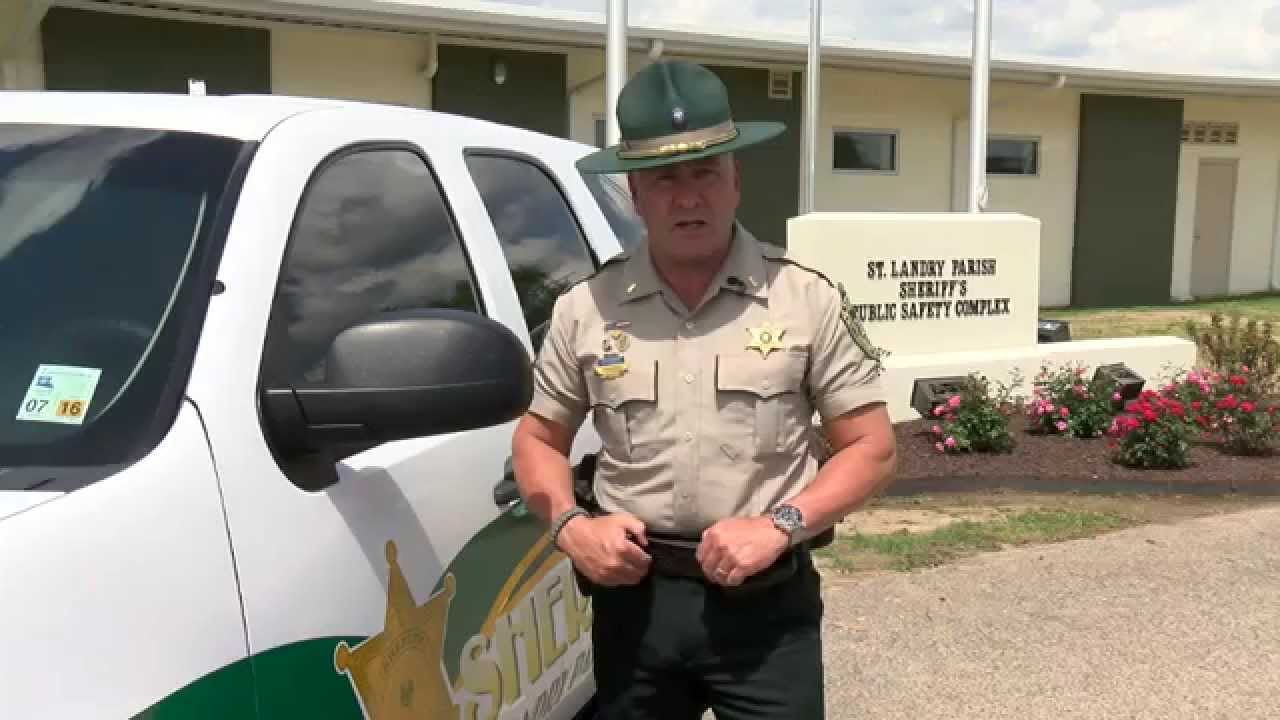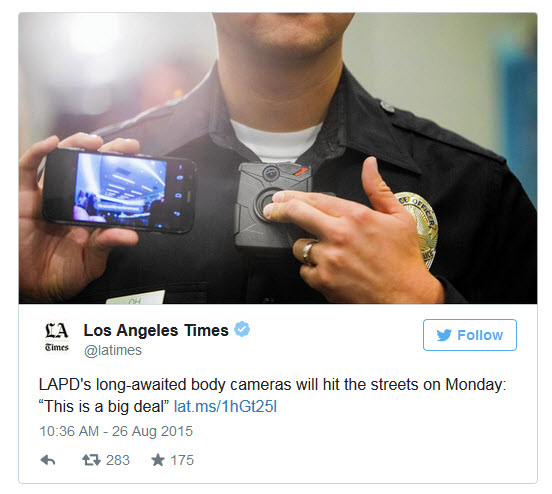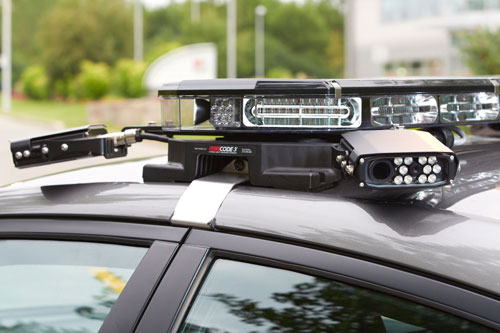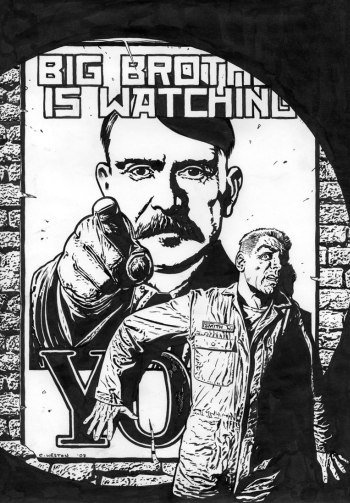 This used to be the stance of the ACLU. Have they abandoned the First Amendment?
This used to be the stance of the ACLU. Have they abandoned the First Amendment?
If so, then who supports free speech?
Leftists? Demorats? The American Media Maggots? College campuses? The Southern Poverty Law Center? The US Communist Party?
None of the above?
From Reason.com:
Leaked Internal Memo Reveals the ACLU Is Wavering on Free Speech
by Robby Soave
“Our defense of speech may have a greater or lesser harmful impact on the equality and justice work to which we are also committed.”
The American Civil Liberties Union will weigh its interest in protecting the First Amendment against its other commitments to social justice, racial equality, and women’s rights, given the possibility that offensive speech might undermine ACLU goals.
“Our defense of speech may have a greater or lesser harmful impact on the equality and justice work to which we are also committed,” wrote ACLU staffers in a confidential memoobtained by former board member Wendy Kaminer.
Translated: the First Amendment is a flexible, fungible and liquid document which may be applied when it happens not to conflict with any host of Social Justice Warrior goals and issues.
Soave really nails it next.
It’s hard to see this as anything other than a cowardly retreat from a full-throated defense of the First Amendment. Moving forward, when deciding whether to take a free speech case, the organization will consider “factors such as the (present and historical) context of the proposed speech; the potential effect on marginalized communities; the extent to which the speech may assist in advancing the goals of white supremacists or others whose views are contrary to our values; and the structural and power inequalities in the community in which the speech will occur.”
Those who operate between the margins of common sense know that it is the Second Amendment which has historically supported the First Amendment. That kind of support is apparently not in the future of the ACLU.
The memo also makes clear that the ACLU has zero interest in defending First Amendment rights in conjunction with Second Amendment rights. If controversial speakers intend to carry weapons, the ACLU “will generally not represent them.”
The memo’s authors assert that this does not amount to a formal change in policy, and is merely intended as guidelines that will assist ACLU affiliates in deciding which cases to take.
Right. I’m going to use a phrase with which the ACLU is well-acquainted: “chilling effect.” And I suspect it’s their point precisely. The First or Second Amendment aren’t absolutes. There are no more absolutes. There are merely unending shades of gray.
It seems fairly clear to me what’s happening here. Leadership would probably like the ACLU to remain a pro-First Amendment organization, but they would also like to remain in good standing with their progressive allies. Unfortunately, young progressives are increasingly hostile to free speech, which they view as synonymous with racist hate speech. Speech that impugns marginalized persons is not speech at all, in their view, but violence. This is why a student Black Lives Matter group shut down an ACLU event at the College of William & Mary last year, chanting “liberalism is white supremacy” and “the revolution will not uphold the Constitution.” Campus activism is illiberal, and liberal free speech norms conflict with the broad protection of emotional comfort that the young, modern left demands.
Again, what happens when true liberals die and Progressives take hold of every aspect of the Demorat Party? What happens when everything in life — as Progressives demand now and Demorats are clearly embracing — is nothing but a palette of gray, with nothing immured in any absolute whatsoever?
Even massive Leftist Nat Hentoff had questions about the ACLU before he passed away in 2017.
When you’re willing to quantify, parse, minimize and in some instances demean and work against freedom and liberty, what happens to this country? By dint of the Logical Extension, what happens to the rest of the world?
Perhaps the ACLU needs to be reminded of its name and the incredible importance of its letter “L”: LIBERTIES.
BZ



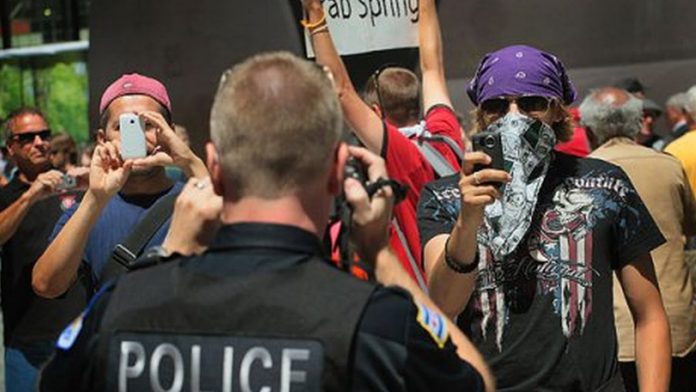 That is by order of a rather ridiculous
That is by order of a rather ridiculous 